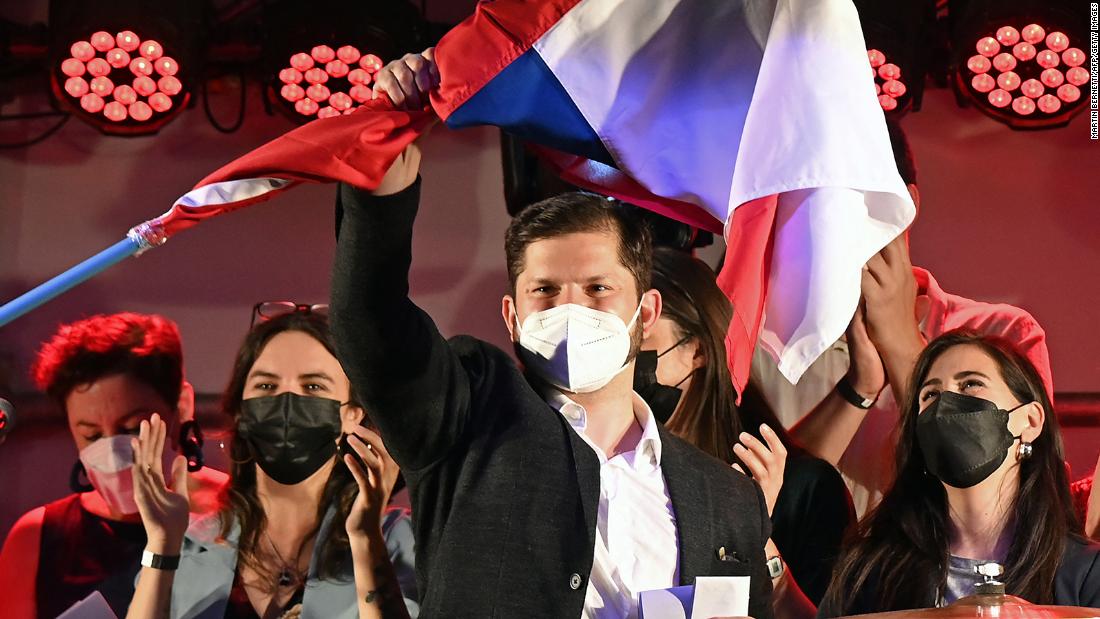Opinion: China and Russia want to surf Latin America’s ‘pink tide.’ But it’s not so simple
Conversely, China and Russia seem to be attempting to make new inroads in Latin America, perhaps seeking to surf on this new tide.
In fact, matters regarding the new pink tide are more complicated. It is true that all of its leaders define themselves as left-of-center or progressive and have much in common, even if Mexico’s López Obrador stands out from the rest by displaying some authoritarian tendencies.
All of these movements and leaders are largely responses to the relatively poor management of the Covid-19 pandemic that centrist or right-of-center incumbents in Latin America incurred in. They all have a strong social content, and a populist one also, in that they revive ancestral grievances against Latin American and foreign oligarchies; insist on putting the poor first; and adopt many anti-extractive stances on natural resources, the environment, original people’s rights and cultural autonomy. And inevitably, if not in the minds of the new or soon-to-be elected leaders, at least in those of their followers, a clearly anti-American stance is discernible.
But there are also significant differences between many of these governments and movements, as well as with the first pink wave and with the traditional autocratic, dictatorial left in Cuba, Nicaragua and Venezuela.
Despite their best intentions and enthusiasm of their followers, their victories do not guarantee sweeping social change. Every Latin American economy has been battered by the 2020 recession; poverty and inequality have increased as a result; fiscal revenues have dropped as economic recovery is taking longer than expected. It will not be easy to satisfy the demands of the streets and the polling booths.
Nonetheless, Latin America, with the exception of Cuba and Venezuela, will not be fertile hunting ground for China and Russia. And despite occasional anti-American rhetoric, most of these new leaders have either been friendly to the US in the past or have promised to be so in the future.
Indeed, at least in regard to US President Joe Biden’s economic, social and environmental agenda, if not his actual accomplishments, there is a great deal of affinity between the current administration in Washington and the perhaps-misnamed new pink wave in Latin America.
If the Biden administration emphasizes this affinity and seeks common ground instead of re-fighting the war on drugs and declaring a new war on migration, this sea change in Latin America can become a great opportunity for the US.
That would be a more constructive way to view trends in Latin America, rather than overinterpreting state visits, speeches and announcements that may never come true.
For all the latest world News Click Here

